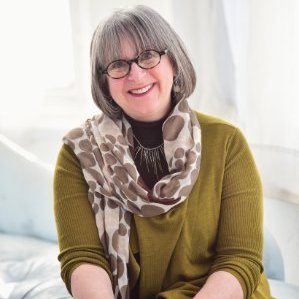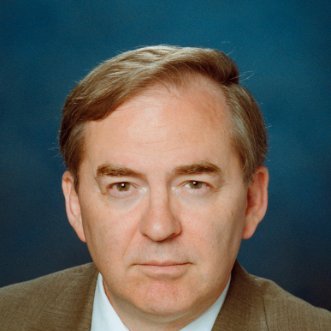Health care workers
See the following -
Leveraging the "Learning Health Community" Concept in Education
 This idea of an iterative engaged learning environment (we can call it a “Learning Health Community”) is not far-fetched. Such a system would require quality evidence-based data and information delivered in real-time based on the real-world experiences of millions of patients. As new verified information and data develop, these would be incorporated and then deployed. We would harness the power of existing and future knowledge in a form that is usable by both medical professionals and the patients they serve. The questioning fathers and others similarly situated could access the Internet for augmented and personalized health information.
This idea of an iterative engaged learning environment (we can call it a “Learning Health Community”) is not far-fetched. Such a system would require quality evidence-based data and information delivered in real-time based on the real-world experiences of millions of patients. As new verified information and data develop, these would be incorporated and then deployed. We would harness the power of existing and future knowledge in a form that is usable by both medical professionals and the patients they serve. The questioning fathers and others similarly situated could access the Internet for augmented and personalized health information.
- Login to post comments
U.S. Trying to Find More Doctors to Send to Disaster Areas
A U.S. government program that sends doctors and nurses to disaster zones says it needs more health-care workers, as relief efforts during this hurricane season are near the end of a second month with no end in sight in Puerto Rico and the U.S. Virgin Islands. The National Disaster Medical System, which recently wrapped up big deployments to hurricane-ravaged areas in Texas and Florida, says it will start recruiting more medical professionals in the next few weeks...
- Login to post comments
USAID’s Ebola Grand Challenge Gives The World A Voice In Innovation
The fight against Ebola is one with global context — no nation or population is exempt from the disease or the responsibility to stop its spread. That’s why the U.S. Agency for International Development, instead of proposing its own set of solutions, has issued a grand challenge, crowdsourcing the innovation of people around the world to improve the tools, equipment, diagnostics and other measures to halt the contagion...
- Login to post comments
What If It Happened Again? What We Need To Do To Prepare For A Nuclear Event
 As we observe the 70th anniversary of the bombings of Hiroshima and Nagasaki, it may seem like the threat from nuclear weapons has receded. But it hasn’t; the threat is actually increasing steadily. This is difficult to face for many people, and this denial also means that we are not very well-prepared for nuclear and radiological events. I’ve been studying the effects of nuclear events – from detonations to accidents – for over 30 years. I’ve been involved in research, teaching and humanitarian efforts in multiple expeditions to Chernobyl- and Fukushima-contaminated areas. Now I am involved in the proposal for the formation of the Nuclear Global Health Workforce.
As we observe the 70th anniversary of the bombings of Hiroshima and Nagasaki, it may seem like the threat from nuclear weapons has receded. But it hasn’t; the threat is actually increasing steadily. This is difficult to face for many people, and this denial also means that we are not very well-prepared for nuclear and radiological events. I’ve been studying the effects of nuclear events – from detonations to accidents – for over 30 years. I’ve been involved in research, teaching and humanitarian efforts in multiple expeditions to Chernobyl- and Fukushima-contaminated areas. Now I am involved in the proposal for the formation of the Nuclear Global Health Workforce.
- Login to post comments